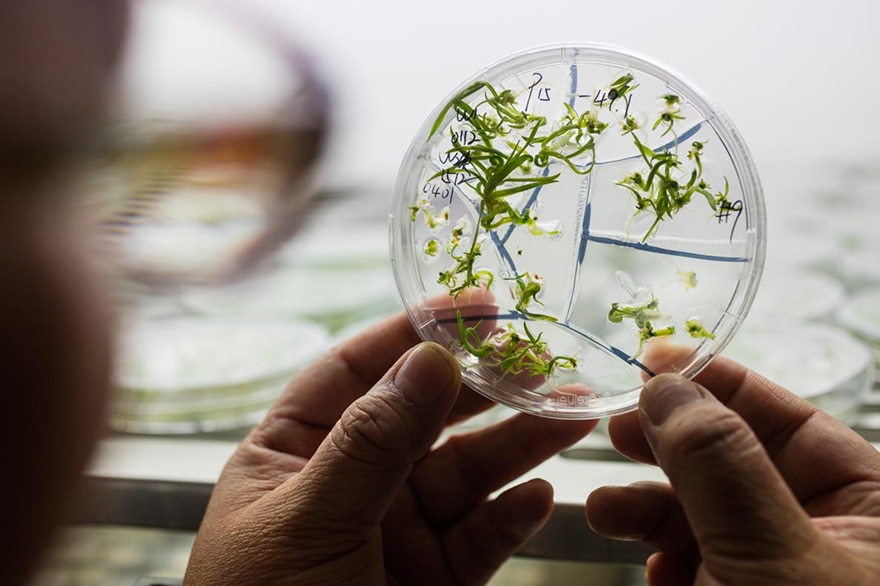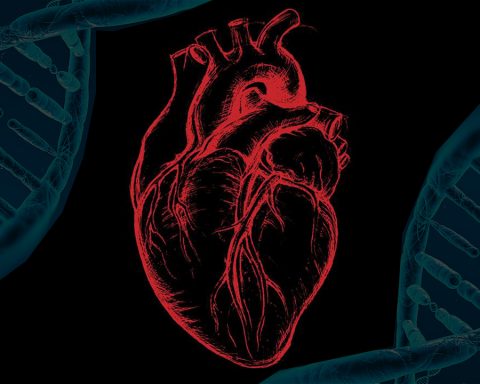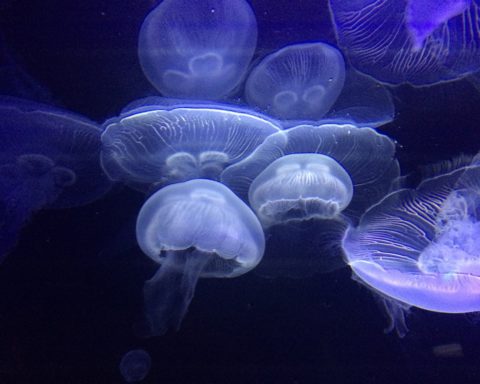
Let's try to find out more about this curious idea...
But how do you send them, especially at distances that are calculated in light years?








Already registered? I'm connecting
Register and read three articles for free. Subscribe to our newsletter to keep up to date with the latest news.
→ Register for free to continue reading.

You have received 3 free articles to discover UP'.





